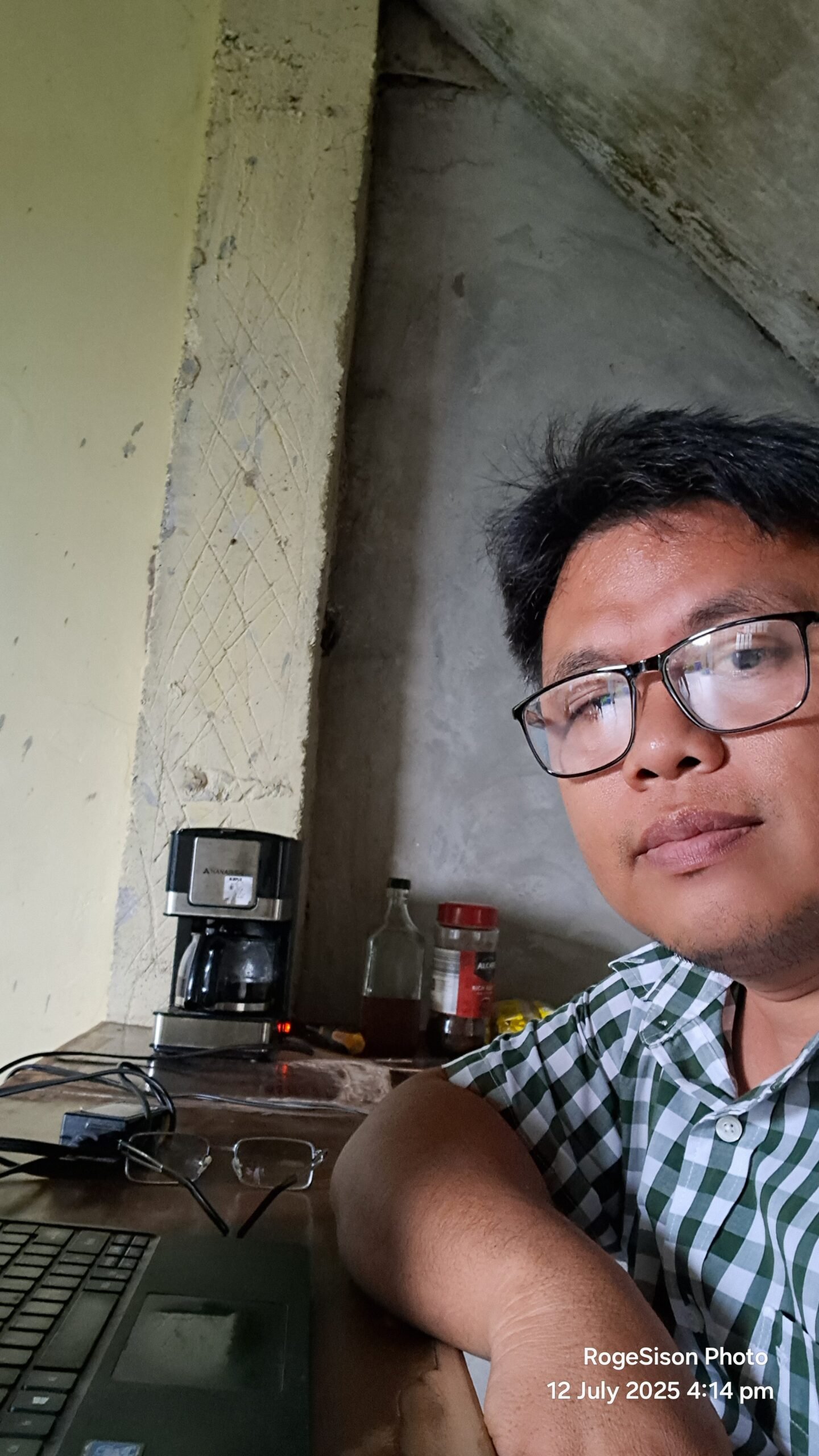
In today’s world, where opinions clash and differences often lead to division, one fundamental value remains the key to social harmony: respect. It is not an alternative, nor is it a choice that can be conveniently ignored. Respect is an essential pillar of human interaction, the glue that holds relationships together, and the foundation for personal and societal growth.
The Role of Respect in Social Development
Respect is the cornerstone of healthy socio-relational development. Whether in families, friendships, workplaces, or communities, it fosters understanding, cooperation, and peace. Without respect, interactions become chaotic, leading to misunderstandings, conflicts, and ultimately, broken relationships.
When we treat others with respect, we acknowledge their worth as individuals. This simple yet profound act creates a ripple effect:
- It builds trust and mutual understanding.
- It encourages open and honest communication.
- It promotes inclusivity and diversity.
- It prevents conflicts and promotes peaceful resolutions.
Respect: A Two-Way Street
Respect is not just about how we treat others; it also influences how we are treated in return. When we show respect, we are more likely to receive it back. This mutual exchange fosters a positive environment where people feel valued, heard, and appreciated.
For example, in the workplace, employees who feel respected by their leaders tend to be more engaged, motivated, and productive. In friendships and relationships, mutual respect creates a strong foundation of trust and loyalty. Even in disagreements, respecting different viewpoints allows for constructive discussions rather than destructive arguments.
Respect as a Social Skill
Respect is not just an abstract moral principle; it is a learned behavior and a crucial social skill. Developing this skill involves:
- Listening actively – Giving others the space to express themselves without interruption.
- Practicing empathy – Understanding and appreciating other people’s experiences and perspectives.
- Being considerate – Thinking about how words and actions affect others.
- Setting and respecting boundaries – Understanding limits in personal and professional relationships.
Teaching and Modeling Respect
If respect is to remain an unwavering force in society, it must be taught, practiced, and modeled. Parents, educators, and leaders have a responsibility to instill respect in younger generations. The best way to teach respect is by embodying it—demonstrating kindness, fairness, and dignity in everyday interactions.
Conclusion
Respect is not an option or a temporary trend—it is and will always be the best path to personal and social development. It shapes how we connect with others, resolve conflicts, and build a more understanding world. Choosing respect means choosing growth, peace, and harmony. In every interaction, let’s remember: Respect is not an alternative—it is the foundation of a better society.
What do you think of this post. Let me know your thoughts. Share it to your friends now.



